Dogs and Chickpeas
Can dogs eat chickpeas? The secret to feeding your dog chickpeas is moderation, as with most things in life. To help provide that protein punch, you can feed your dog cooked chickpeas.
If you worry about overfeeding your dog on chickpeas, a better option is to buy pre-made kibble dog food that already has chickpeas. This way, you know your dog is getting the ingredient in the correct amounts, not too much or too little.
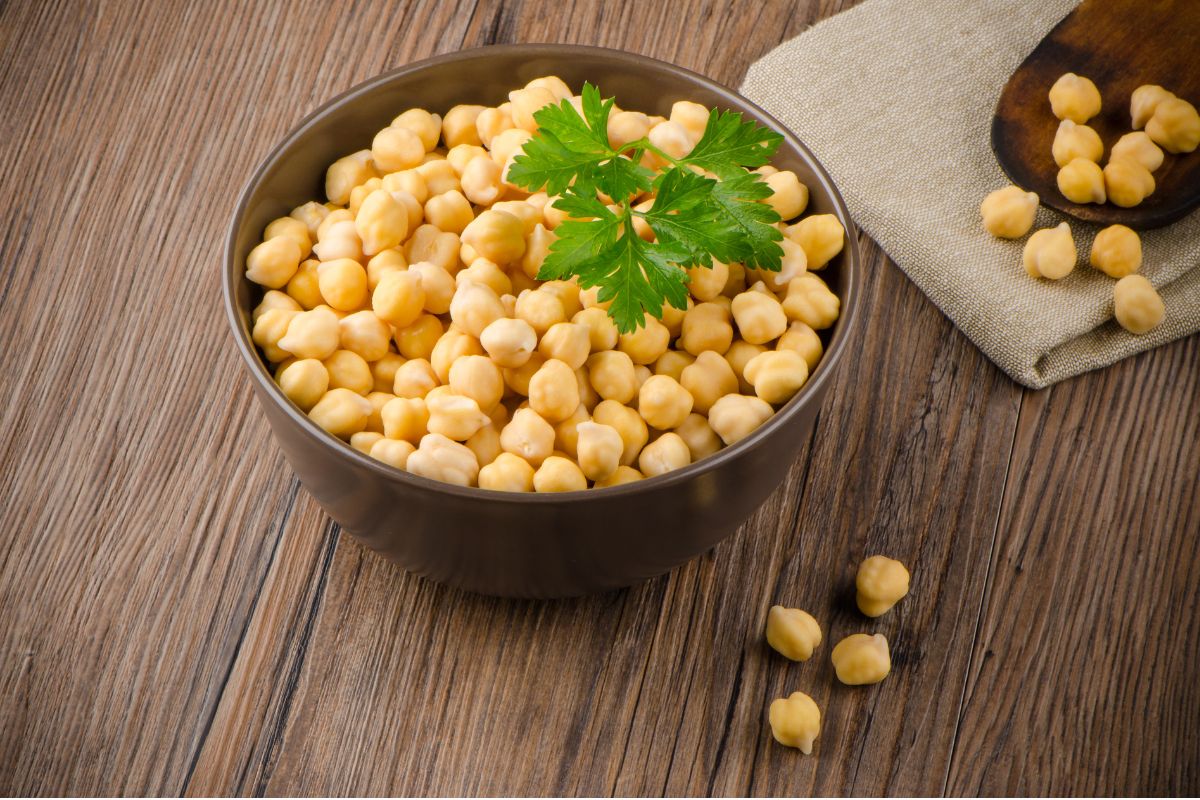
Can Dogs Eat Chickpeas?
Yes, dogs can consume chickpeas. Serve chickpeas, like many other foods, in moderation. However, there are a few caveats to it. On the other hand, chickpeas are perfectly safe for your dog to eat.
Can dogs eat canned chickpeas? It is safe for canines to consume canned chickpeas because they do not contain any ingredients that could be toxic to dogs. However, they have a lot of salt, and the cans they come in may contain additional preservatives to extend their shelf life.
Ensure you read the label carefully to find out what preservatives they have and what other ingredients might be hiding in the can.
Your dog will suffer adverse effects from excessive salt, including dehydration, high blood pressure, or sodium poisoning. Salt intake for a dog of this size should not exceed about 0.0035 ounces (0.1 grams).
If your dog suffers high blood pressure or problems with its kidneys or liver, you’ll want to be careful about how much salt they eat. You may want to avoid giving them canned chickpeas altogether. Some dogs with underlying health conditions require a diet low in salt. If your dog has such conditions, you should consider giving them a diet low in salt.
You should always wash canned chickpeas before feeding them to your dog. This helps to remove some additional salt in chickpeas.
The good news is that certain canned chickpeas contain nothing but chickpeas and water; thus, they are more palatable for your dog and safer to consume. If the chickpeas you have contains water, they should have a low amount of salt, fat, sugar, and calories, making them an excellent option for a healthy treat for your dog.
Since the chickpeas in a can are pre-cooked, there is no need to re-cook them before serving your dog because they are ready to eat. After you drain and rinse, you can easily give your dog a few of them as a snack or as a topping for their meal.
However, you cannot give your dog chickpeas that are dry directly from the package. Whether for a human or a dog, dried chickpeas must go through the processes of soaking and cooking before you can consume them safely.
Are Chickpeas Good for Dogs?
Like other legumes and pulses, chickpeas are a healthy natural ingredient for humans and dogs. This is due to their naturally high concentrations of the following:
- Protein (to support muscle growth).
- Fiber (to promote healthy digestion).
- Iron (to combat fatigue and lethargy).
- Magnesium ( to increase overall energy and metabolic activity in the body).
- Selenium (to improve cognition and immune functioning).
- B vitamins (for healthier hair and skin).
A few chickpeas in your dog’s diet may benefit them, or they may make a healthy snack instead of processed brown biscuits.
Chickpeas benefit our bodies in a variety of fantastic ways. They are high in fiber, which reduces inflammation and promotes heart health. They also have anti-inflammatory and antioxidant properties. Chickpeas can lower the risk of certain types of cancer, and these benefits may also extend to dogs.
The fiber in chickpeas will benefit your dog because it aids their bowel movements and keeps their stools firm, which can help express their anal glands naturally. (It’s gross to think about, but it’s great for your dog) Fiber also aids in regulating sugar absorption in your dog’s blood and feeds the good bacteria in their digestive tract.
Chickpeas are high in plant-based protein as well as fiber. Both dietary components are good at preventing hunger, so if you have a dog who needs to lose a few pounds or is always hungry, try putting some chickpeas in their meal or in a side dish for them to snack on to keep hunger at bay.
Plant-based protein is also beneficial to your dog’s muscle development and maintenance. However, you should never substitute plant protein for animal protein in your dog’s diet because they require the essential amino acids found in meat to stay healthy.
Chickpeas are high in protein and fiber, but they’re also high in vitamins and minerals. These little legumes contain nutrients like phosphorus, zinc, potassium, magnesium, iron, and calcium.
Calcium, phosphorus, and potassium are all electrolytes that help your dog’s body maintain vital electrical impulses, heartbeat, muscle movement, and nerves to send signals throughout the body.
Calcium and phosphorus are also crucial for strong bones, and magnesium aids the body’s absorption of minerals. Iron aids your dog’s blood cells to be healthy and can transport oxygen throughout its body. Meanwhile, you require zinc for your dog’s body to make hormones and DNA, grow hair, and keep their brains healthy.
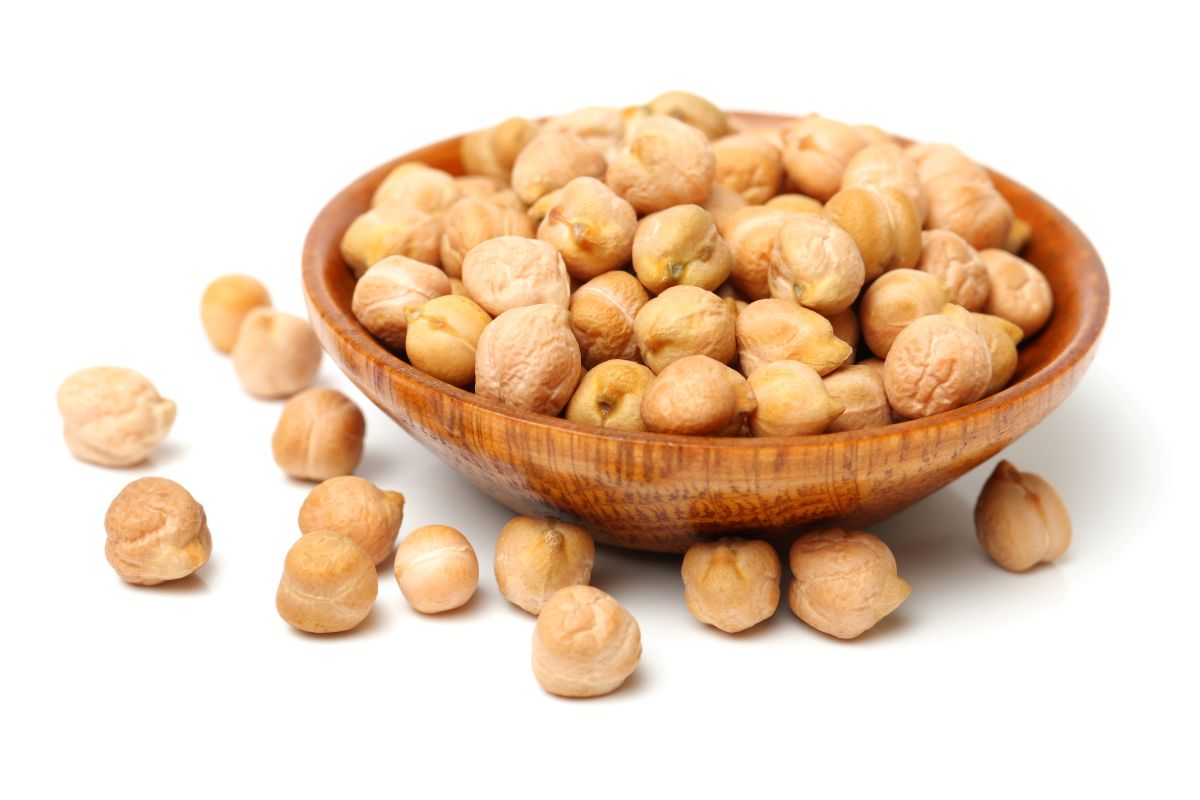
Can Dogs Eat Hummus?
The most debatable question is; can dogs eat hummus? Avoid feeding your dog processed chickpea products such as hummus as much as possible. This is because chickpea is the primary ingredient in hummus. Even the ‘healthier’ hummus brands contain large amounts of fat in the form of olive oil, which is bad for your dog.
Hummus typically contains a lot of seasoning, onion, and garlic to help it taste better. These aren’t good for your dog’s digestive system, nor is the citric acid found in lemon juice, which is also common in hummus products.
How to Feed Chickpeas to Your Dog
Are chickpeas good for dogs? Don’t give your dog chickpeas with onion or garlic under any circumstances. Also, avoid hummus for dogs because it can contain ingredients that are toxic to dogs, such as garlic and lemon juice.
If you decide to feed chickpeas to your dog, avoid canned varieties because they contain a lot of sodium that your pup doesn’t need.
If you cook the chickpeas without adding any seasonings, your pet will enjoy a small amount of them after you cook them. Chickpeas are edible for canines:
- Whether blended or whole, combined with a vegetable and an animal protein.
- As a snack, either blended or whole.
- In many recipes, regular flour substitutes for chickpea flour.
Canines and Digesting Garbanzo Beans
Garbanzo beans are another name for chickpeas – they’re the same ingredient, so everything about chickpeas also applies to garbanzo beans.
Chickpeas aren’t the easiest to digest because they’re high in fiber, which the body cannot digest but promotes good bowel health. However, in the right amounts, they help with digestion. It’s another case of baby bear’s porridge.
Both too much and little fiber can cause digestive issues such as constipation on one end of the spectrum and diarrhea on the other. The right amount, on the other hand, will help your dogs have regular bowel movements and a healthier digestive tract.
Can Chickpeas be Bad for Dogs?
Chickpeas are harmful to dogs if they consume excessively. Because chickpeas are high in fiber, eating too many can give your dog a pup-set stomach and cause excess flatulence, loose stools, and possibly diarrhea.
If your dog consumes a lot of legumes and becomes very gassy, it may bloat, which is a veterinary emergency. If you suspect bloat, take them to the vet immediately.
Can dogs eat chickpeas raw? You must cook them. Chickpeas have no inherent bad qualities and are not toxic, so they are perfectly safe for your dog to eat as long as you cook them plainly, and feed them in moderation.
Can dogs eat falafel? There are various human foods that dogs shouldn’t eat, and falafels are one of them. Because of the components that make them up, they could be harmful to dogs.
Ingredients such as onion and garlic, which are toxic to dogs and cause severe issues with the dog’s red blood cells, may be part of preparing a typical falafel.
In addition, falafels may contain a variety of other ingredients and seasonings, some of which, while not toxic, may cause gastrointestinal distress if the dogs consume them in excessive quantities. Cumin ground, cayenne pepper, and other spices are some examples.
It is improbable that the amount of “unsafe” ingredients used in a single falafel will be lethal to a dog, but it may cause other unpleasant side effects. An incident involving falafel does not always indicate that you must take your dog to the veterinarian.
You should probably observe your dog for the next few days to be safe, even if it is just a little bit. The dog may be okay, or it may experience a mild stomach upset instead.
Can dogs eat chickpea pasta? Yes, chickpea pasta, like Banza, is safe for dogs to consume in moderation as long as they don’t overdo it. Because eating excessive amounts of this pasta could lead to your pet gaining weight, restrict the serving size.
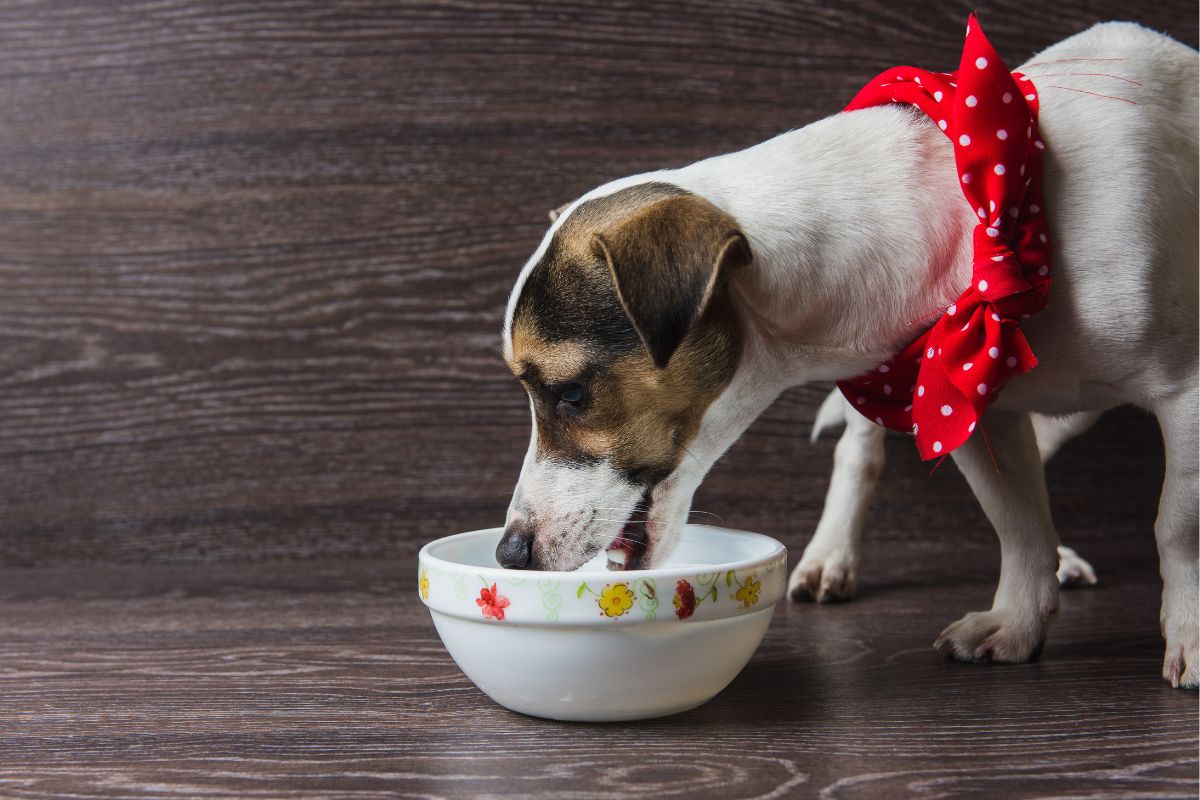
That’s a Wrap
Dogs can eat chickpeas if you cook them plain. Even canned chickpeas are safe if they’re in the water; however, check the label to ensure they’re not in salt water or additives.
Dried chickpeas are acceptable for your dog as long as you soak and cook them before eating, just like you would prepare if you were eating them yourself. Chickpea flour is safe for dogs, and you can use it instead of wheat flour when making homemade dog treats.
However, you should not feed your dog hummus because it contains several other unsafe or unhealthy ingredients for your dog to consume. Read our article and find out Can Dogs Eat Seaweed?
Although chickpeas are high in fiber and protein, which benefits your dog, why not feed them a meal that already contains all of these nutrients? Feed them wholesome, tasty food that is nutritionally balanced and complete, ensuring that your dog receives all the nutrients they require in every meal.
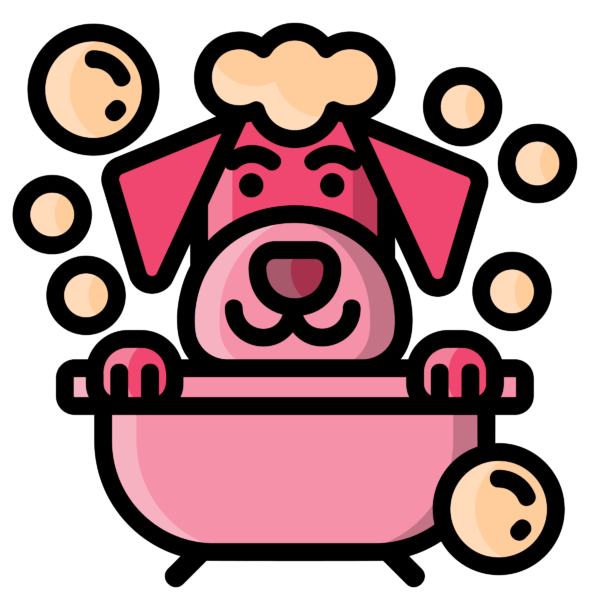
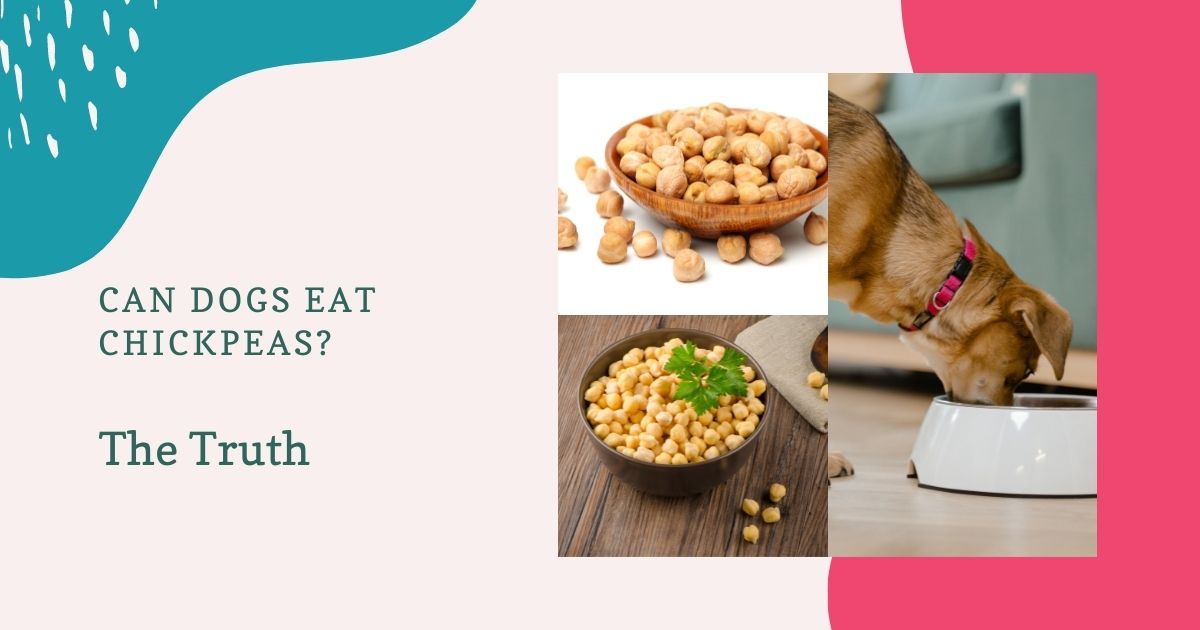
1 thought on “Can Dogs Eat Chickpeas? The Truth”
Comments are closed.